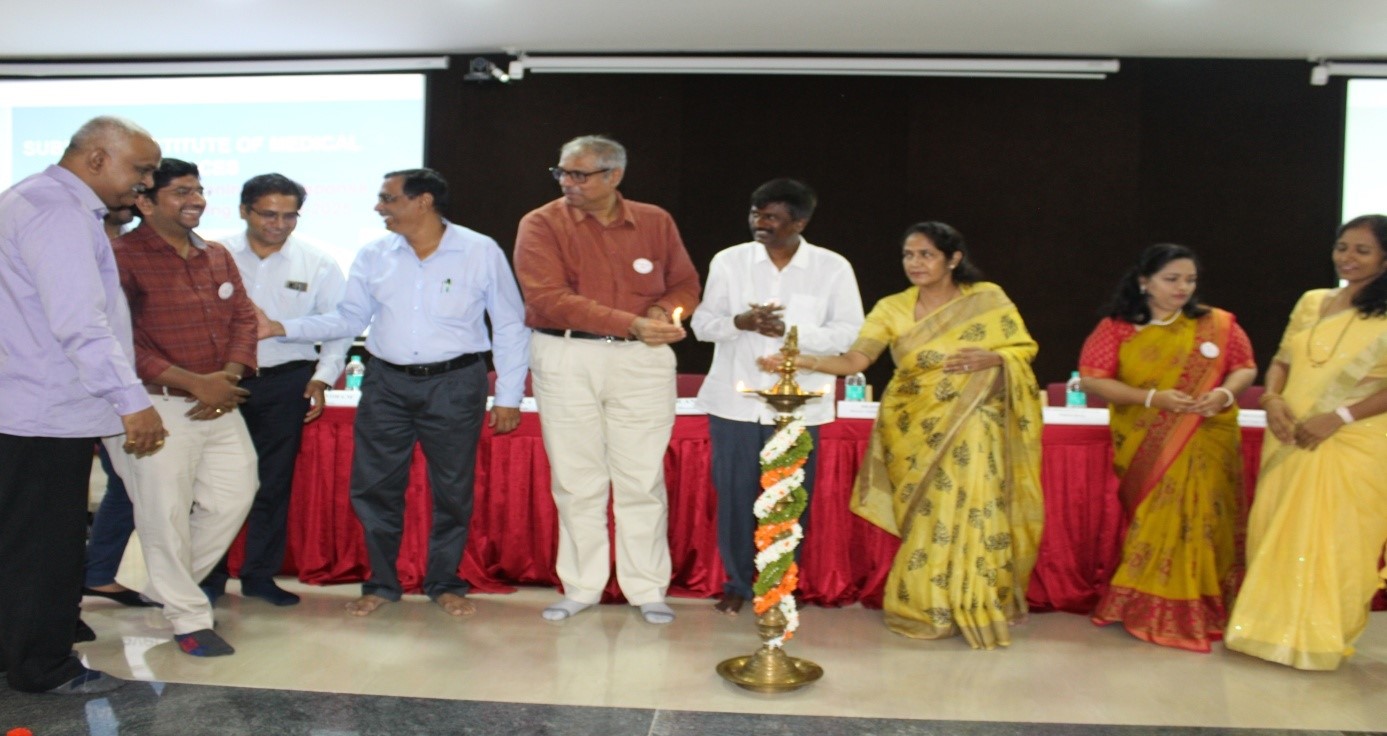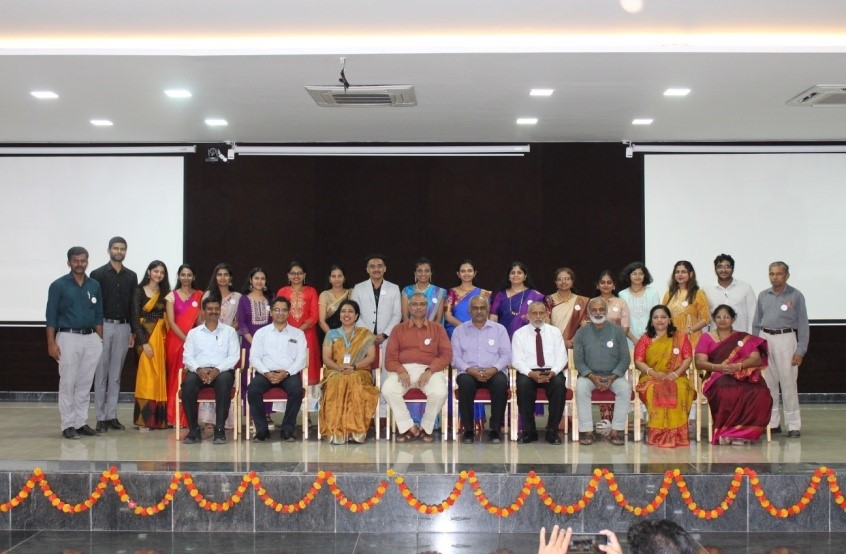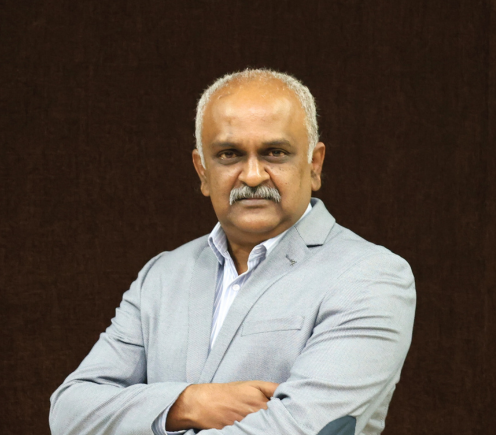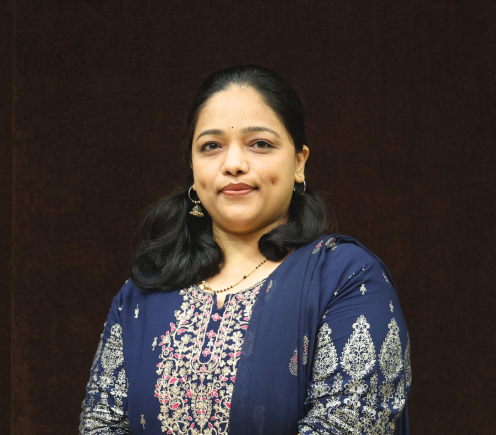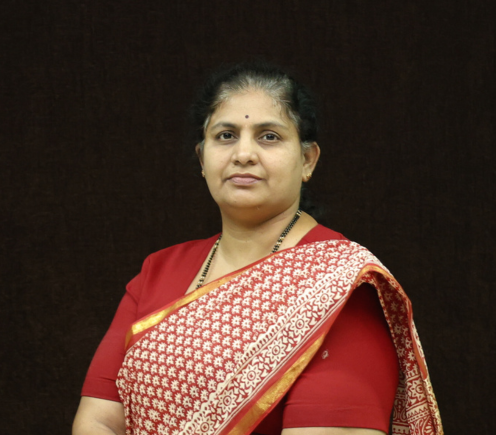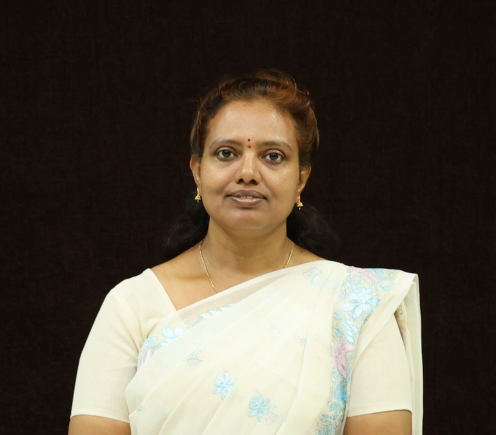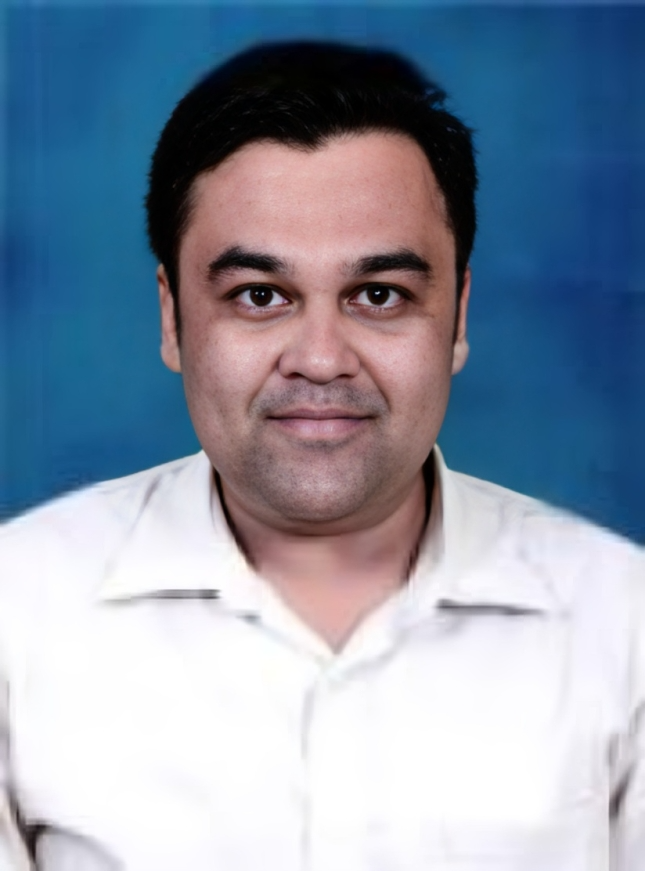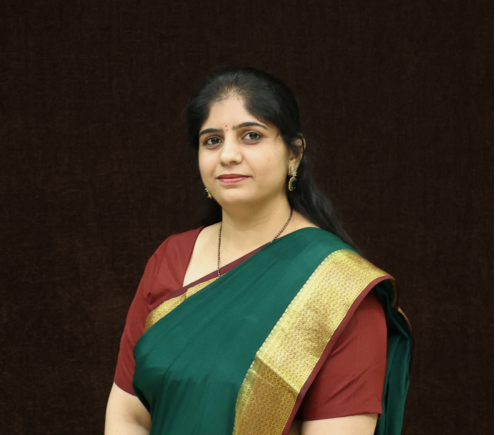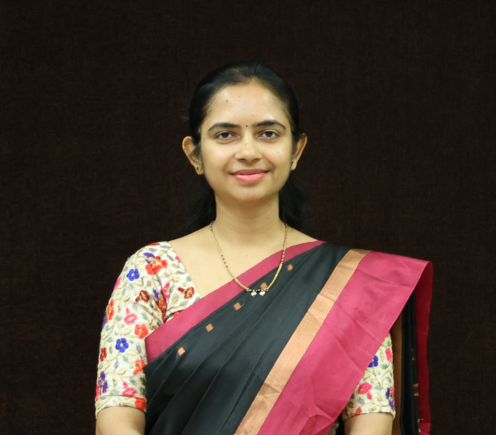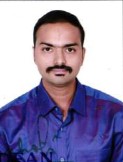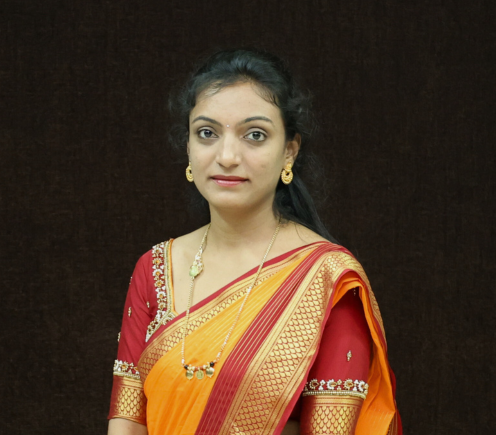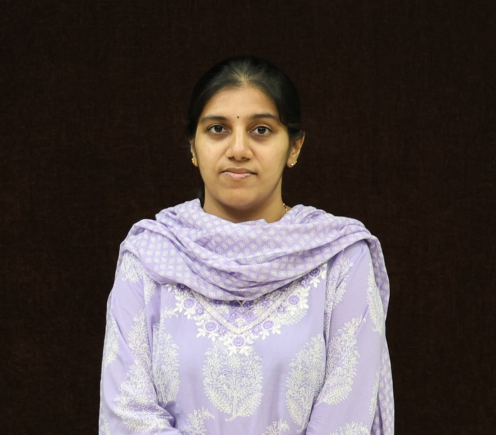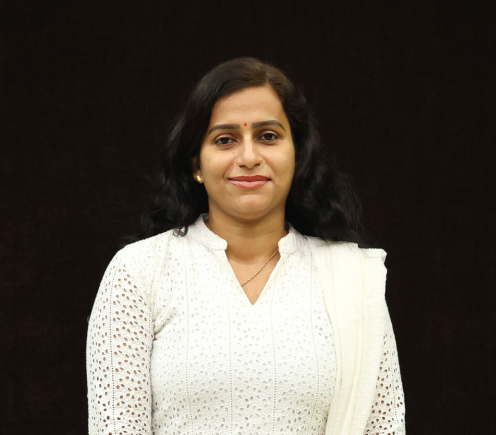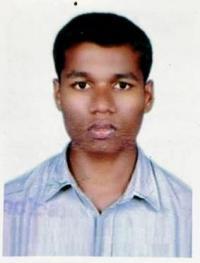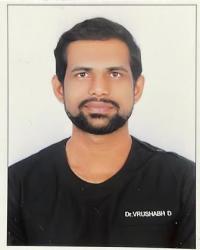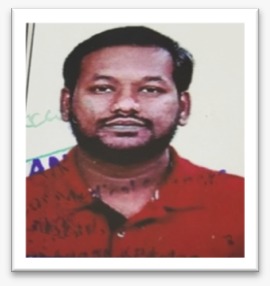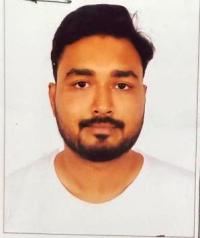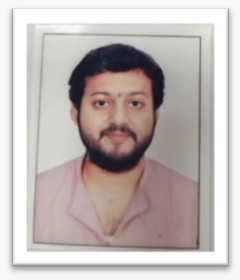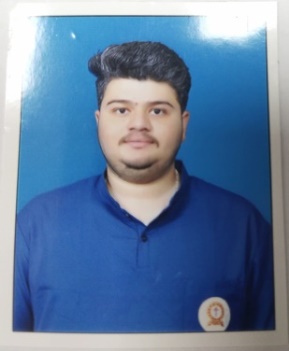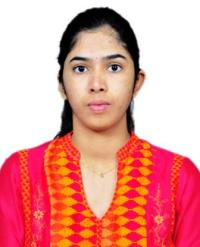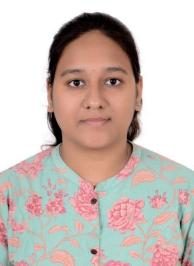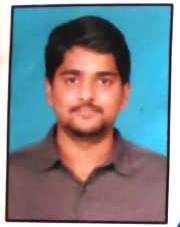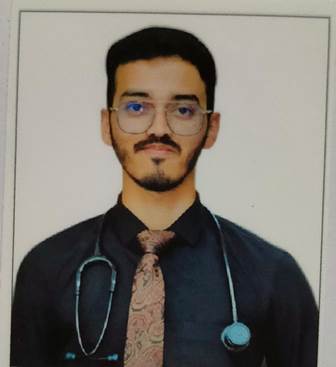About The Department
The Community Medicine Department is dedicated to enhancing public health through field-based research, community health interventions, and promoting preventive healthcare. Our department focuses on addressing pressing health concerns through a comprehensive approach that empowers communities with the knowledge and resources to improve their health outcomes.
Key Focus Areas:
• EyeCare
We focus on improving vision health through community-based screenings, education, and treatment for preventable eye conditions, ensuring broader access to eye care services.
• CardiacCare
Our department is committed to raising awareness and offering early detection of heart-related diseases. Through education and preventive strategies, we work to reduce the risk of cardiovascular diseases in the community
• Women’sCancer
We emphasize the importance of early detection and prevention of women’s cancers, including breast and cervical cancer. Our programs focus on raising awareness and promoting regular screenings.
• LungHealth
Our lung health initiatives address respiratory conditions like tuberculosis and asthma. We provide education, prevention strategies, and access to treatment to help reduce lung disease prevalence.
• Diabetes
Focusing on both the prevention and management of diabetes, we educate communities on lifestyle changes, diet, and regular monitoring to prevent complications and improve quality of life.
• Anaemia
We address the issue of anaemia, particularly in women and children, through nutritional interventions, iron supplementation, and health education to improve dietary habits and overall health.
As part of our commitment to improving community health, the department has adopted 12 villages under our Family Adoption Program. This initiative focuses on providing holistic health interventions, regular health screenings, educational workshops, and community-based healthcare solutions. By working closely with rural populations, we aim to improve health outcomes, raise awareness, and empower communities to maintain long-term health and well-being.
The Community Medicine Department regularly organizes CME sessions, workshops, and conferences to provide healthcare professionals with the latest knowledge and advancements in public health and community medicine. These events offer opportunities for continuous learning, skill development, and the exchange of ideas on effective community health practices. Our aim is to support the professional development of healthcare providers and ensure they are equipped to address emerging public health challenges.
Through our focused health interventions, field-based research, and continuous education efforts, we are committed to creating healthier communities and fostering a culture of preventive healthcare.
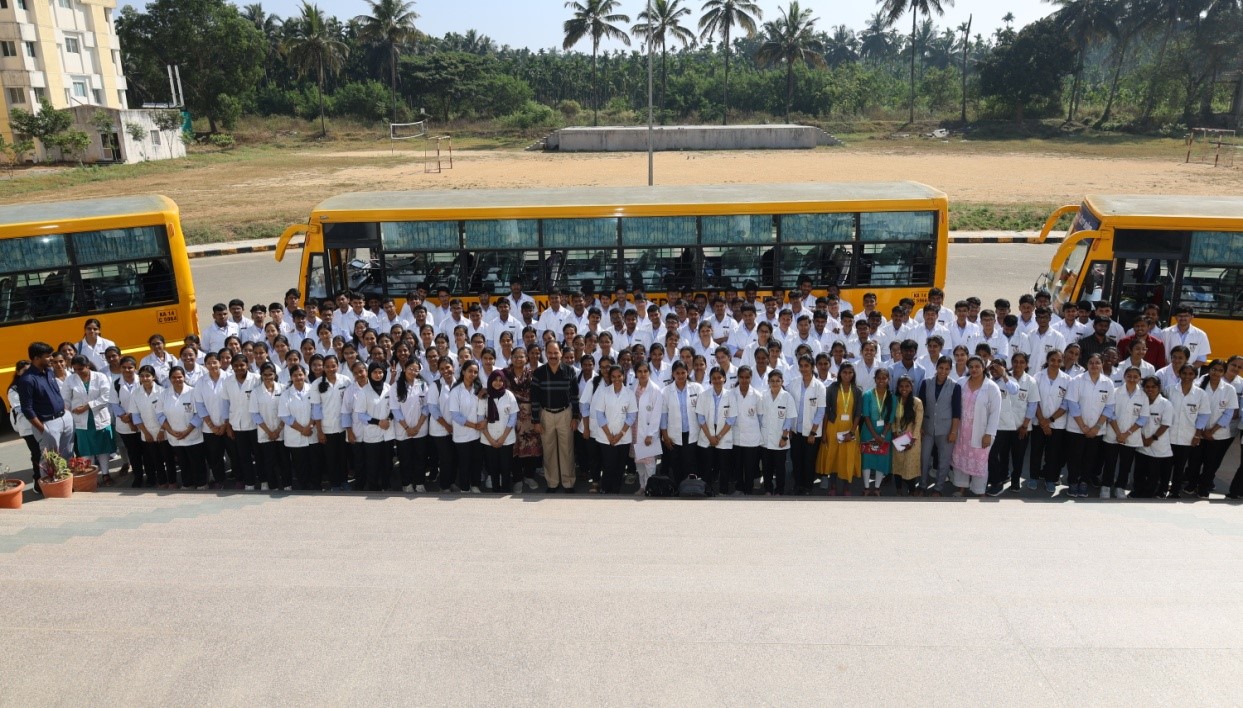
Faculty
Publications
| Sl No. | Name of the Author(s) | Publication in Vancouver Referencing Style | International/State/Local | Indexed/Non-Indexed |
|---|---|---|---|---|
| 1 | Dr. Balu P S | Shastri SG, Sancheti P, Nagaraja SB, Dayananda GG, Srinivas PK, Jayaprakash M, Gowda SN, Krishnamurthy A, Srinivasa BP, Singarajipura A, Devendiran R. Averting catastrophic tuberculosis costs in an Indian state: integration of Ayushman Bharat Arogya Karnataka with National Tuberculosis Elimination Program. Lancet Reg Health - Southeast Asia. 2023. | International | Indexed |
| Sancheti P, Shastri SG, Krishnamurthy A, Dayananda GG, Srinivas PK, Jayaprakash M, Srinivasa BP, Singarajipura A, Devendiran R. Utilization of tuberculosis healthcare packages under Ayushman Bharat Pradhan Mantri Jan Arogya Yojana-Arogya Karnataka: A comprehensive socio-demographic analysis. Indian J Tuberc. 2023. | National | Indexed | ||
| Kumar RNH, Rao CR, Maradi R, Umakanth S, Sanju SVC, Rao BPS. Impact of Anemia on Sputum Smear Conversion and Treatment Outcomes among Newly Diagnosed Tuberculosis Patients in Southern India. Int J Mycobacteriol. 2023 Apr-Jun;12(2):117-121. | International | Indexed | ||
| Davalagi S, Palicheralu B, Murthy S, Kashyup M. Acceptance and feasibility for handheld Tele-ECG. Indian J Community Health. 2020. | National | Indexed | ||
| Amuje R, Kumar AMV, Thekkur P, Shastri SG, Kumar RBN, Nirgude AS, Reddy MM, Ravichandra C, Somashekar N, Balu PS. Does provision of cash incentive to HIV-infected tuberculosis patients improve the treatment success in programme settings? A cohort study from South India. J Family Med Prim Care. 2020;9(8):3955-3964. | International | Indexed | ||
| Rohit A, Balu PS. Perception about BCG vaccination and tuberculosis among urban mothers. J Community Health Manag. 2018;5(1):37-40. | National | Indexed | ||
| Narahari SR, Bose KS, Aggithaya MG, Swamy GK, Ryan TJ, Unnikrishnan B, Washington RG, Rao BP, Rajagopala S, Manjula K, Vandana U, Sreemol TA, Rojith M, Salimani SY, Shefuvan M. Community level morbidity control of lymphoedema using self-care and integrated treatment in two lymphatic filariasis endemic districts of south India: A non-randomized interventional study. Trans R Soc Trop Med Hyg. 2013 Sep;107(9):556-577. | International | Indexed | ||
| Valaulikar R, Balu PS, Bhat RA. Assessment of 10-Year Risk of Developing a Major Cardiovascular Event in Type-2 Diabetes Patients Attending a Hospital in Davangere, Karnataka. Natl J Community Med. 2017;8(4):193-197. | National | Indexed | ||
| Anandaraj R, Balu PS. Compliance to anti-rabies vaccine and animal bite management practices in a rural area of Davangere, Karnataka, India. Int J Community Med Public Health. 2016;3:170-173. | International | Indexed | ||
| Girish HO, Haladi SP, Balu PS. A study on awareness about HIV among female sex workers of Davangere, Karnataka, India: a cross-sectional study. Int J Community Med Public Health. 2016;3:3456-3459. | International | Indexed | ||
| Girish HO, Kumar A, Balu PS. A Study on STI Morbidity Pattern and STI Treatment Seeking Behavior among Female Sex Workers of Davangere City, Central Karnataka. Int J Life Sci Biotechnol Pharma Res. 2014;3(1):254-260. | International | Indexed | ||
| Kumar A, Girish HO, Nawaz AS, Balu PS, Kumar BV. Determinants of quality of life among people living with HIV/AIDS: A cross-sectional study in Central Karnataka, India. Int J Med Sci Public Health. 2014;3(11):1413-1417. | International | Indexed | ||
| Kumar A, Girish HO, Koppad R, Balu PS, Vijayakumar B. Level of adherence and cluster of differentiation 4 cells response: a study on patients living with HIV/AIDS at tertiary care hospital, Central Karnataka. IJPMS. 2014;4(6):11-18. | International | Indexed | ||
| Girish HO, Prabhu HS, Balu PS, Kumar A, Koppad R. Sexual risk behavior and condom usage among female sex workers of Davangere city, central Karnataka: A cross sectional study. Int J Med Appl Sci. 2013;2(4):290. | International | Indexed | ||
| Balu PS, Shubha DB, Rohit A, Prabhu HS, Dorle AS, Poornima MP, Valaulikar RD, Garg R, Manisha. A study on self-reported sexually transmitted infections morbidity and treatment seeking behavior among HIV-positive sex workers in three districts of Karnataka. Ann Community Health. 2019 Oct-Dec;7(4):1-3. | State | Indexed | ||
| Jayanna K, Washington RG, Moses S, Kudur P, Issac S. Assessment of attitudes and practices of providers of services for individuals at high risk of HIV and sexually transmitted infections in Karnataka, south India. Sex Transm Infect. 2010. | International | Indexed | ||
| Javalkar SR, Ashwini LH, Balu PS. Assessment of hand hygiene practices among rural population in Davangere. Int J Med Sci Public Health. 2020;128-133. | International | Indexed | ||
| Balu PS, Angadi N. Effectiveness of Weekly Iron and Folic Acid Supplementation Programme to control Anemia among Rural Adolescent School Girls of Davangere, Karnataka. Natl J Community Med. 479-482. | National | Indexed | ||
| 2 | Dr. Shwetha T M | Shwetha TM, Swetha R, Krishna Iyengar, Usha Rani S. Food taboos among pregnant and lactating mothers in Tumkur: a qualitative study. *International Journal of Community Medicine and Public*. 2017;4(4):1-6. | International | Indexed |
| Shwetha T M, Ashok J, Rajanna M S, Rajesh S S, Krishna Iyengar. Intimate partner violence among ever married group-D women workers in a medical institution. *International Journal of Community Medicine and Public*. 2016 Mar;3(3):1-6. | International | Indexed | ||
| Shwetha T M, Ashok J, Ashiq R M. Health profile and health insurance coverage among a defined rural population of Tumkur, Karnataka: A cross sectional study. *The Journal of Community Health Management*. 2018 Jan-Mar;5(1):49-52. | National | Indexed | ||
| Rajesh S S, Shwetha T M. Assessment of quality of sleep among medical students of a private medical college, Tumkur. *National Journal of Research in Community Medicine*. 2018 Oct-Dec;7(4):314-316. | National | Indexed | ||
| Shwetha T M, Ashok J, Rajesh S S, Rajanna M S. Health Service Utilisation and Out of Pocket Expenditure Pattern in a Defined Rural Population of Tumkur. *National Journal of Community Medicine*. 2018 Apr;9(4):266-269. | National | Indexed | ||
| Imran M, Shwetha T M, Priyanka P, Mamatha V P. A study on internet addiction among medical undergraduate students in Shimoga, Karnataka: Cross-sectional study. *Indian Journal of Preventive Medicine*. 2017 July-Dec;7(2):55-59. | National | Indexed | ||
| Shwetha T M, Imran M, Muntazeem M. Mental distress among health care workers due to COVID-19 during second wave in a tertiary care center of South Karnataka: A cross-sectional. *Natl J Physiol Pharmacol*. 2023;13(05):1107-1113. | National | Indexed | ||
| Rajesh S S, Shwetha T M, Anupama M. Study of self-esteem & factors associated among Medical College of Karnataka: A cross-sectional study. *Indian Journal of Public Health Research & Development*. 2023;14(3). | National | Indexed | ||
| Patil B K, Shwetha T M, Muntazeem M et al. Role of CBNAAT in diagnosing of extra-pulmonary tuberculosis at a tertiary care centre in a city of Karnataka: A cross-sectional study. *Indian Journal of Public Health Research & Development*. 2023;14(3). | National | Indexed | ||
| 3 | Dr. Shashikala N | “Focus and Prioritise Factors Affecting Tuberculosis Treatment Outcomes in a Community – A Family Study in Urban Slum”. | International | Indexed |
| “Metabolic Syndrome among Secondary School Teachers: Exploring the Ignored Dimension of School Health Programme.” | National | Indexed | ||
| “Physical activity patterns and its influence on risk factors for metabolic syndrome among an urban working population.” | International | Indexed | ||
| “Mental Health Risk Factors influencing Metabolic Syndrome Among Secondary School Teachers of Mysore city”. | International | Indexed | ||
| “A study of computer vision syndrome at the work place – prevalence and causative factors.” | International | Indexed | ||
| “Strategising the Educational interventional methods on infant feeding practices: An Exploratory study among Primary care workers in Rural Mysore.” | National | Indexed | ||
| Impact of National Tuberculosis Elimination Program sensitization workshop on health-care workers in a medical college and hospital in Karnataka, India. | International | Indexed | ||
| Knowledge, Attitudes, Beliefs and Willingness to Recommend Human Papillomavirus (HPV) Vaccination among Medical Students in Mysore, India. | International | Indexed | ||
| Assessing the impact of foundation course among medical students affecting their outlook, responsibilities and attitude towards the medical profession. | International | Indexed | ||
| Menstrual Health Management among Medical Students as a Consequence of Menstrual Health Policies in India- A Cross Sectional Study | International | Indexed | ||
| Understanding knowledge gaps in HPV infection and vaccination among medical students and its impact on current and future trends of HPV prevention strategy in India | International | Indexed | ||
| 4 | Dr. Kriti Bhat K | Role of Spirituality in Health Care: Knowledge, Attitude and Practices among medical professionals in a tertiary care hospital. | International | Indexed |
| Morbidity pattern of Elderly women of Rural North Karnataka: A Community based Cross-sectional study | International | Indexed | ||
| An Epidemiological study of psychosocial factors influencing rural geriatric women in north Karnataka: A cross-sectional study | International | Indexed | ||
| Infant Feeding Practices: Barriers and Benefits of Breastfeeding Practices among Mothers in a Village in North Karnataka | National | Non-Indexed | ||
| A study on awareness regarding universal precautions among medical students of tertiary teaching hospital, Bengaluru | International | Indexed | ||
| A socio-epidemiological study of Hypertension and its associated risk factors Among adults (20–60 years) in rural North Karnataka | National | Indexed | ||
| 5 | Dr. Swathi H J | Swathi HJ, Mokhasi VR, Raghavendra BL, Vinayaka HJ. Effectiveness of communication in promoting utilisation of breast cancer screening services among women working in Anganwadi centres. Journal of Family Medicine and Primary Care. 2024 Sep 1;13(9):3864-70. | International | Indexed |
| Swathi, H. J., Vinayaka, H. J., Mokhasi, V. R., & Bhanuprasad, B. N. Factors affecting the participation and utilization of breast cancer screening services among health care workers Kolar: a qualitative study. International Journal Of Community Medicine And Public Health. 2024; 11(5), 1931–1935. | International | Indexed | ||
| Swathi HJ, Vinayaka HJ, Bhanuprasad BN. Prevalence of hypertension and cardiovascular disease risk factor among employees working in Karnataka State Road Transport Corporation, Kolar. A cross-sectional study. International Journal of Medicine and Public Health. 2024 Mar 31;14(1):534-7. | International | Indexed | ||
| Swathi HJ, Vinayaka HJ, Bhanuprasad BN et al. A Cross-Sectional Study to Determine the Awareness and Practices Related to TB Notification among Private Health Care Workers in Shikaripura Taluk, Shivamogga, Karnataka. International Journal of Pharmaceutical and Clinical Research. 2024; 16(3): 196-199. | International | Indexed | ||
| 6 | Dr. Bhagyashree Kathari | Shashikala, N., & Kathari, B. (2024). Menstrual Health Management among Medical Students as a Consequence of Menstrual Health Policies in India- A Cross Sectional Study. International Journal of Pharmaceutical and Clinical Research, 16(10), 1235–1243. | International | Indexed |
| Mangasuli V, Amrutha AM, Nagendragowda MR, Bhagyashree K, Bhoovanchandra N. Kirkpatrick Model for Evaluation of Health Research Methodology Workshop among Postgraduates. Ann Community Health 2021;9(3):8-11 | National | Indexed | ||
| Amrutha AM, Viayalaxmi M, Bhagyashree K, Nagendra Gowda MR, Bhoovana C. (2020). Knowledge of basic life support among Medical and Dental students:A comparative study. International Journal of Preclinical & Clinical Research. 1(1):2-6 https://doi.org/10.51131/IJPCCR/v1i1.2 | International | Indexed | ||
| Am, A., Mangasuli, V., Khatari, B., Gowda, N., Chandra, B., & Graduates, P. (2020). Survival and hospital stay characteristics of COVID-19 patients in Karnataka, India. Indian Journal of Public Health Research & Development. https://doi.org/10.37506/ijphrd.v11i11.11352 | National | Indexed | ||
| Kathari B, Amrutha A M , Gowda M R N. Prevalence of cognitive impairment and depression among elderly population in urban Chitradurga. J Prev Med Holistic Health 2020;6(1):22-26 | National | Indexed | ||
| 7 | Dr. Anupama K | Anupama, K; Ratnaprabha, G K; Chetan, P R. Functional disability and its determinants among geriatric population of Davangere city: A cross-sectional study. BLDE University Journal of Health Sciences 8(2):p 220-225, Jul–Dec 2023. | DOI: 10.4103/bjhs.bjhs_41_22 | Indexed | |
| Dr.Anupama.K, Dr.M Girish babu, Dr.Kanchana Nagendra, Dr.RaghavendraswamyKoppad, Dr.DeepthiNagaraj.Assessment of Job Satisfaction among Acredited Social Health Activist (ASHA) workers: A cross sectional study.JCDR.2023;14(6):65-72 | International | Indexed | ||
| Anupama Kavalibasapla, Kanchana Nagendra,PrashanthHebballi Lingaraj, RaghavendraswamyKoppad, Mageppa Mandi. Study on breakthrough infectionand effectiveness of COVID-19 patients visited Ayush triagecenter attached to Mc Gann district teaching hospital,SIMS-Shivamogga,Karnataka,India:A longitudinal and Retraspectivestudy.Asian Journal of Medical Sciences,2023;14(1):15-18 | International | Indexed | ||
| HL Prashanth, K Anupama, SV Chandrashekar, RaghavendraswamyKoppad, N Praveen Kumar et al. Assessment of Responsibilities of Parents and Healthcare workers in Routine Immunization Practices: A community based Cross-sectional study.Journal of Clinical and Diagnostic Research.2023;17(10):14-18 | International | Indexed | ||
| Asha B, Sindhu P, Bhavya S O, Anupama K.Knowledge about the contents of mother and child protection card among pregnant women and lactating women of a rural field practice area.Medica Innovatica.2022;11(2):19-23. | International | Indexed | ||
| K.Anupama, G.K Ratnaprabha, R G Geethalakshmi. A Cross sectional study to Assess Neck Circumferenceas an Indicatorof Central obesity among Healthy Adults in Rural Karnataka.Annals of Community Health,2021;9(2):29-33 | International | Indexed | ||
| 8 | Dr. Anitha BP | Anitha BP, Kumar NP, Darshitha R, Shashi Kiran GM. A cross-sectional study on impact of online classes among undergraduate students of Shimoga institute of medical science, Shivamogga due to COVID-19. Int J Community Med Public Health 2022; 9:1347-9. | International | Indexed |
| Darshitha R, Shashi Kiran GM, Kanchana N, Raghavendraswamy Koppad, Anitha BP. Evaluation of rapid antigen test (RAT) screening test among people attending fever clinic of Shimoga Institute of Medical Sciences, Shivamogga: An analytical cross-sectional study. Asian Journal of Medical Sciences Oct.2022;13(10):168-171 | International | Indexed | ||
| 9 | Mrs. Tintu Mathew | Najat Abdrabbo Alyafei, Bushra Naaz Fathima Jaleel, Tintu Mathew. Exploring the barriers to oral health care perceived by parents/caregivers of children with disability in Qatar. *Dentistry*. 2020 Dec;5(10):559. doi:10.35248/21611122.20.10.559. | International | Indexed |
| Alyafei NA, Jaleel BNF, Mathew T. Knowledge, attitude, and behavior towards oral health care among parents/caregivers of children with disabilities in Qatar. Med Clin Res. 2020;5(10):251-257 | International | Indexed | ||
| Abbas K Z, Tayyem A S, Albaw M I, Mathew T, Jaleel B N F, Alyafei N A R, HatwishA,Work Engagement of dentist & dental assistants in Primary Healthcare corporation Qatar: Global Journal Research Anaylsis, 2022, 10(11) | International | Indexed | ||
| K.Aditya ,Vinit Anand ,Tintu Mathew,SreideviV,Assesment of the effect of the COVID -19 lockdown restrictions on the mental health status of undergarduate medical students in subbaih institute of medical sciences,Shivmogga.International journal of scientifc research, June 2023, 12(6). | International | Indexed | ||
| Mamatha G, Shreelaxmi V Hegde, Chethan Sagar, Satheesha B C, Tintu Mathew.To study Hematological features in various etiologist of macrocytic anemias.Journal of Medical Science & Clinical Research, July 2023,11(7) | International | Indexed | ||
| Chrisopoulos S, Alkhtib AO, Al Darwish MS, Mohammed HGS, Mathew T, Al Manai GA, et al. Correlates of childhood caries: A study in Qatar. Int J Paediatr Dent. 2023 Oct | International | Indexed | ||
| Swathi, Hebbar YR N, Hegde SG, Mathew T. Neutrophil-to-lymphocyte ratio, platelet-to-lymphocyte ratio and their association with the severity of depression and as biomarkers for suicidal behaviour among patients diagnosed with depression. J Krishna Inst Med Sci Univ. 2023 Oct-Dec;12(4) | National | Indexed | ||
| Spencer AJ, Alkhtib AO, Al Darwish MS, Mohammed HGS, Mathew T, Al Mannai GA, et al. The role of nationality in childhood caries. Community Dent Oral Epidemiol. 2024 Nov. | International | Indexed | ||
| 10 | Mr. Sudheer Karra | Asha Shyam Manohar, Sudheer.K , Gayathri Mahadevan, Sai Sushma, Yeturu, Lavanya MR, Awareness of Diabetes Retinopathy among General population | International | Indexed |
| Suresh Rao , Divya Shanthi D Sa , Anup Rao , K Sudheer, To Analyze Year One Medical Students’ Perceptions towards Communication Skills atSubbaiah Institute of Medical Sciences | State | Indexed | ||
| Suresh Rao , Divya Shanthi D Sa , Anup Rao , K Sudheer, To Analyze Year One Medical Students’ Towards Critical Thinking at Subbaiah Institute of Medical Sciences | State | Indexed |
Achievements
STEPS - Strengthening capacity building training for TB care and Prevention utilizing Nikshay Setu E platform.
Brief of the Pilot Project
The Ni-kshay SETU app was developed by experts from the Indian Institute of Public Health Gandhinagar and the Department of Health and Family Welfare, Government of Gujarat. The app aims to train healthcare staff using e-learning technologies, with the goal of scaling up to create a proficient workforce. Ni-kshay SETU is a comprehensive digital reference tool integrated with the existing TB patient program reporting platform, "Ni-kshay." It provides evidence-based, easily accessible learning materials, cadre-specific modules in local languages, and focuses on improving timely care-seeking, accurate diagnosis, and prompt treatment initiation. This e-platform was developed with the needs of healthcare providers at all levels of the healthcare system in mind.
The Department of Community Medicine from Subbaiah Institute of Medical Science, Shimoga, collaborated with the Indian Institute of Public Health, Gandhinagar to train interns using the Ni-kshay SETU app as a pilot project to evaluate its feasibility for scaling up.
Day 1. Inaugural Programme
The project commenced with an inaugural program on 22 June 2024 at the college council hall of SUIMS via Zoom.
The program was attended by various esteemed guests, including Dr. Shivayogappa JD for TB, Dr. Anil Dy D, TB, Dr. Raghunandan, Sr sp. TB NTEP, Dr. Nirmala Sr. Sp TB,DoHFW, GoK, Dr. Harsh Shah IIPHG, Dr. Saurab Kumar, STF Karnataka, Dr. Latha R Telang, ED, Dr. Nandakishor Lahoti, Dean, Dr. Siddalingappa CM Principal, Dr. Vinayaka G MS, Dr. Balu PS Prof and HoD, Regional TB task force Chair, South Zone, Dr. Sujith H, and Dr. Shashikala N, nodal officers for TB, and faculty of the Department of Community Medicine from SUIMS. The program began with a brief outline of the project, features of the application, and the utility of the project in building the capacity of the interns addreesed by all the speakers.
The program was attended by various esteemed guests, including Dr. Shivayogappa JD for TB, Dr. Anil Dy D, TB, Dr. Raghunandan, Sr sp. TB NTEP, Dr. Nirmala Sr. Sp TB,DoHFW, GoK, Dr. Harsh Shah IIPHG, Dr. Saurab Kumar, STF Karnataka, Dr. Latha R Telang, ED, Dr. Nandakishor Lahoti, Dean, Dr. Siddalingappa CM Principal, Dr. Vinayaka G MS, Dr. Balu PS Prof and HoD, Regional TB task force Chair, South Zone, Dr. Sujith H, and Dr. Shashikala N, nodal officers for TB, and faculty of the Department of Community Medicine from SUIMS. The program began with a brief outline of the project, features of the application, and the utility of the project in building the capacity of the interns addreesed by all the speakers.
The training for the interns started on 9 July 2024 after obtaining the required permissions and mobilizing the interns. They were briefed on the purpose of the training, features of the application, and how to navigate it. The interns then registered, a pretest was conducted, and they were given 4 days to complete the modules. A total of 136 interns participated in the program.
Results of the Pretest
• 7% of the participants scored more than 90% marks.
• Most participants (61%) scored 60-90% marks.
• 32% of participants scored less than 60% marks.
Day 3. Certificate Distribution
A post-test was conducted for all the interns who had registered for the Ni-kshay SETU training program on 13 July 2024. The program concluded with certificate distribution to all the interns who had secured a passing score of 60% or more in the post-test.
Results of the Post test
• Most participants (72%) scored more than 90% marks,
• 28% of the participants scored 60-90% marks.
The concluding program was attended by Dr. Shivayogappa JD for TB, Dr. Raghunandan, Sr Sp. TB NTEP, Dr. Nataraj, DHO Shimoga, DoHFW, GoK, Dr. Nagendra S, Medical Director, Dr. Latha R Telang, Executive Director, Dr. Siddalingappa CM Principal, Dr. Vinayaka G MS, Dr. Balu P S Prof and HOD, Regional TB task force Chair, south zone, and Dr. Shashikala N, nodal officer for TB and faculty of the Department of Community Medicine from SUIMS.
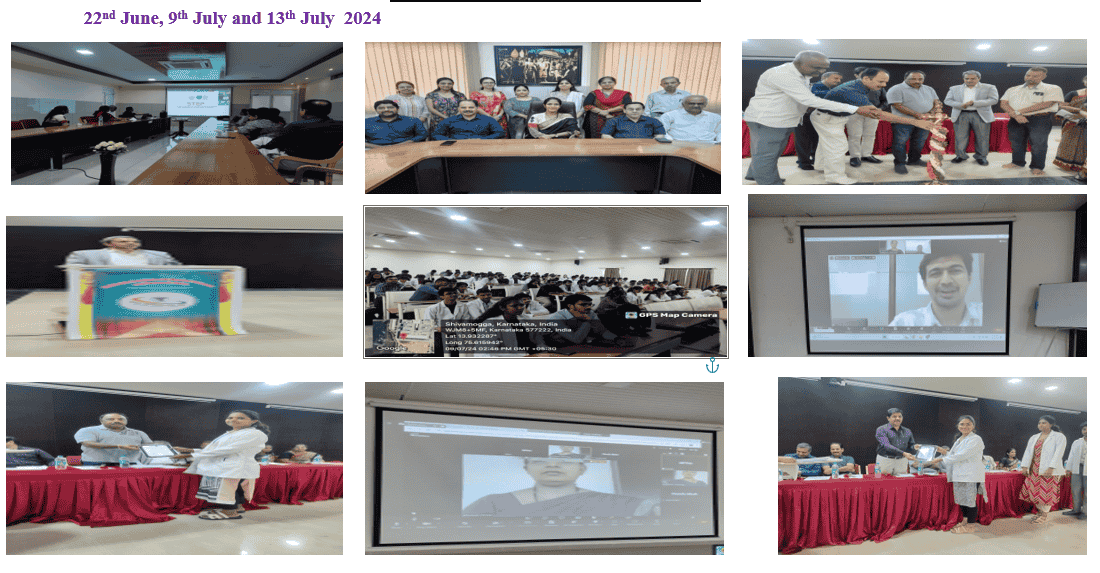
World Health Day-2024
The World Health Day was obeserved on 4th April 2024 by the department of Community Medicine.
The programme was based on theme “My Health My Right”. The program was addressed to III MBBS students.
Activities on 4th April 2024
- Formal function was held at Lecture Hall 08, SUIMS, Shivamogga in the presence of Dr. Vinayak Bhat, Professor & Medical Superintendent, SUIMS; Dr. Shivamurthy, Professor & Vice-Principal, SUIMS; and Dr. Harsha Kumar H N, Professor & In-charge HOD, Department of Community Medicine, SUIMS.
- The programme began with an invocation song by Ms. Keerthana, and all the dignitaries inaugurated the function by watering the plant.
- The Department of Community Medicine, in the presence of all dignitaries, launched the Health Card as a part of the Family Adoption Programme (FAP). This card will be issued to families adopted under the FAP initiative.
- Dr. Shwetha T M, Additional Professor, Department of Community Medicine, addressed the benefits of the Health Card.
- Dr. Vinayak Bhat briefed the students on FAP and the importance of the Health Card.
- A health talk was given by Dr. Harsha Kumar H N on World Health Day, focusing on health care coverage, issues, and challenges across the country.
- Dr. Shivamurthy emphasized the importance of Community Medicine and field activities to the students.
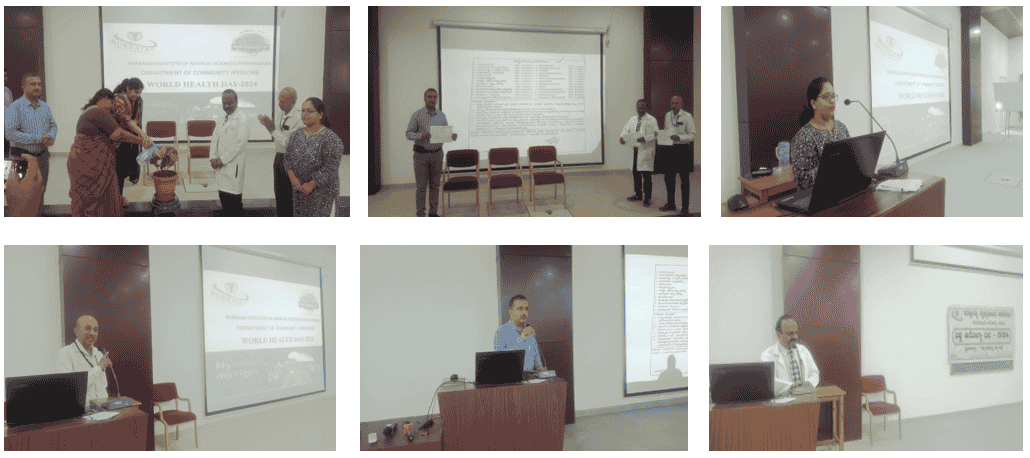
World Heart Day-2024
The Department of Community Medicine observed the World Heart Day 2024 with the theme “Use Heart for Action” on 30 September 2024 by organizing the following events:
1. A vibrant ‘Zumba Dance’ session aimed at promoting physical fitness and well-being was organized for all the faculties of SUIMS & SIDS, in the Practical Hall, Department of Community Medicine, SUIMS, Shivamogga at 10.30 am to 11.30 am. Dr. Lata R Telang, Executive Director (ED), emphasized the significance of physical activity for heart health and inaugurated the programe. Dr. Akshatha Okade, Associate Professor, Department of Oral Pathology and Microbiology, Sharavathi Dental College and Hospital, Shivamogga facilitated the activity. Dr Vinaya Srinivas, Executive Director (ED), Dr. Vinayaka G, Dean , Dr Siddalingappa CM, Principal and approximately 40 faculties from various departments participated in the Zumba Dance.
2. SHAPE program—"Screening for Heart Print and Cardiac Assessment using Smartphone-Based Evaluation" from 2:30 PM to 3:30 PM in the Auditorium, SUIMS, Shivamogga.
The Philips Heart Print application, designed for comprehensive cardiac assessment through smart phone technology was launched by Dr Lata R Telang, Dr Vinayaka G, Dr Siddalingappa CM. The app measures heart rate, respiratory rate, oxygen saturation, blood pressure to determine heart age by generating Heart Print/Beat score. This was followed by Dr. Bhagyashree Kathari assistant professor, providing an in-depth explanation of the app's functionality and Mr. Sujith from Philips Innovations addressed participants' queries. Nearly 90 faculties registered for the SHAPE programme.
Dr. Manjunath A Phasalkar, Cardiologist at maAx Hospital Shivamogga, discussed current cardiac risk factors and highlighted the importance of preventive strategies for enhancing cardiac health.
Both events successfully engaged faculty members in physical activity and raised awareness about cardiac health, fostering a culture of wellness within the institution.
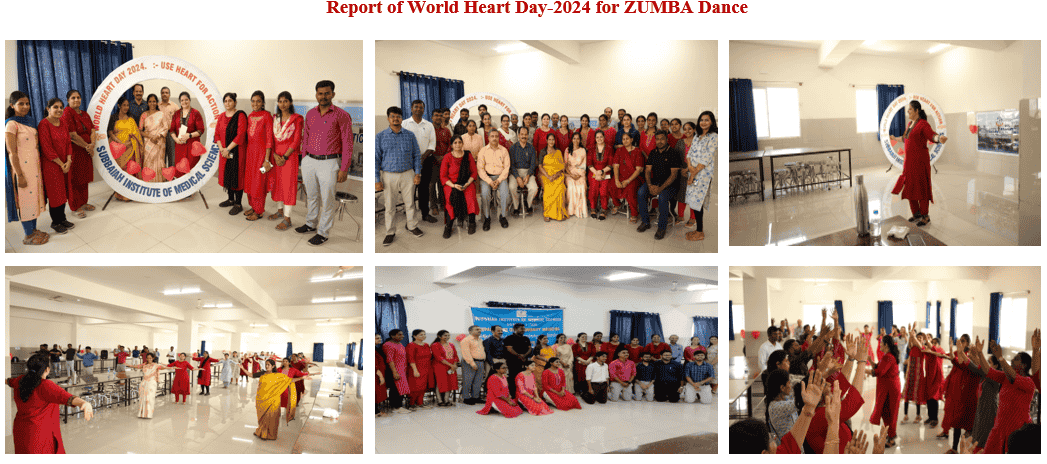
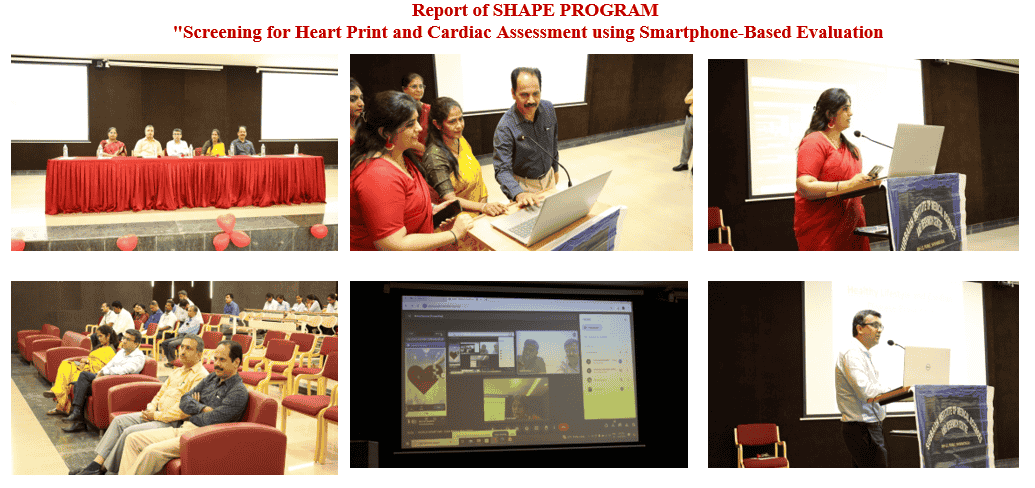
WORLD SIGHT DAY -10TH OCTOBER 2024
THEME- “CHILDREN LOVE YOUR EYE”
Every year on October 10th, World Sight Day is observed by the WHO to raise awareness about blindness and the importance of eye care, particularly focusing on promoting eye and vision health. This year, the theme is "Children, Love Your Eyes," which highlights the importance of child eye health. The message emphasizes that eye health services should be accessible, available, and affordable for all children.
World Sight Day also provides an opportunity to dispel myths about vision and work towards eliminating the social stigma associated with wearing spectacles or other corrective measures. Regular eye and vision checks can help detect problems early.
WHOeyes, a free app, allows users to test their vision conveniently from home. Dr. Balu P.S. and Dr. Anupama K. delivered a talk on World Sight Day to ASHA workers and the RBSK team. They also provided training to ASHA Workers and RBSK team on using the WHOeyes app and the ClickCheck device as tools for screening refractive errors in school children and the community. at District Training Office, Shivamogga
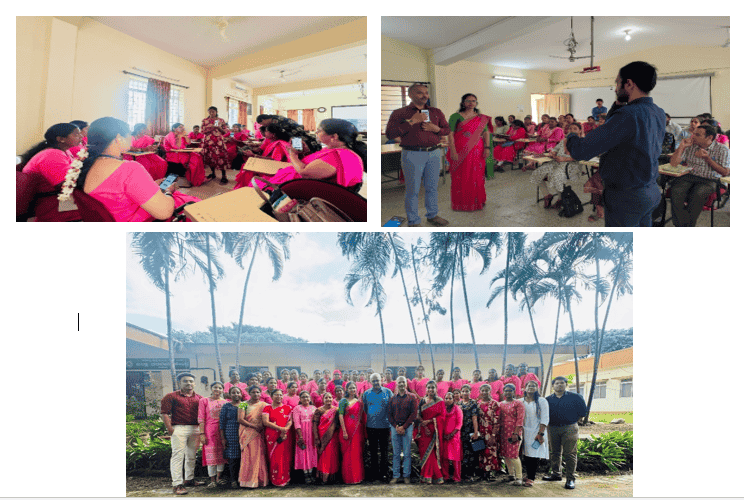
Health check-up Camp conducted at Gandhi Park
In view of World Stroke Day, a general health check-up camp was organized and conducted by the Department of Community Medicine in collaboration with Karnataka Brain Health Initiative (KaBHI), District Health & Family WelfareDepartment and Indian Medical Association Shivamogga at Gandhi Park on 29/10/2024. A talk was given by renowned athlete Mrs. Ashwini regarding the healthy habits for healthy living along with the importance of physical activity as part of our daily routine.
Health check-ups were conducted by the staff and interns of the Department of Community Medicine. They were assisted bymedico-social workers, nursing students and KaBHI team. A total of 57 beneficiaries were examined. Anthropometric measurements of all the individuals were taken and Body Mass Index (BMI) was noted.Also, their blood pressure was recorded and random blood sugar estimation was done using Glucometer.
Of the 57 beneficiaries examined, 14 of them had elevated blood pressure, 10 of them had elevated random blood sugar levels and 34 of them had BMI above normal range. 13 of them were overweight and 18 of them were obese with 3 of them having class III obesity.
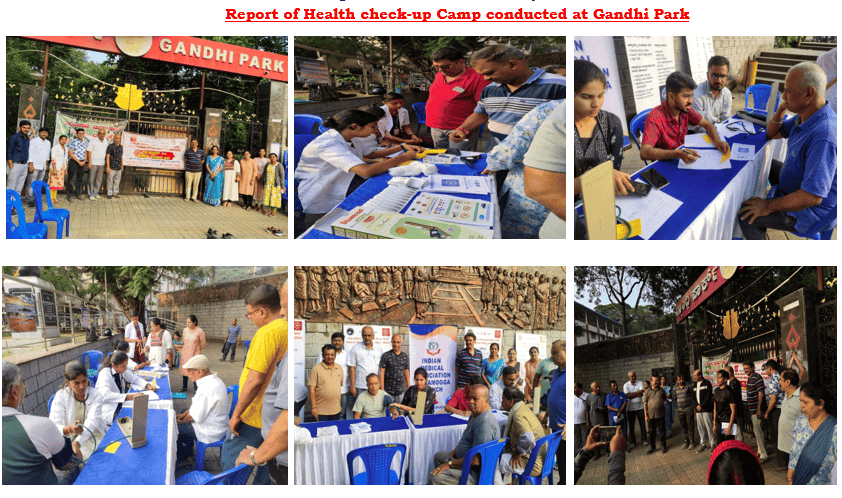
Breast health screening-2024
Breast cancer is the leading cause of cancer deaths in women today. According to the World Health Organization (WHO), one in every 12 women have the risk of a breast abnormality. Early diagnosis is very critical to decrease mortality rates.
NIRAMAI, have developed a novel artificial intelligence-based medical device to detect breast cancer at a much earlier stage than traditional methods or self-examination. Its a low cost, accurate, automated, portable cancer screening tool that can be operated in any clinic. Our imaging method is radiation free, non-touch, not painful and works for women of all ages.
Thermalytix is computer aided diagnostic device works on the principle of artificial intelligence .It identify the hotspot and vasularity region and gives the results based
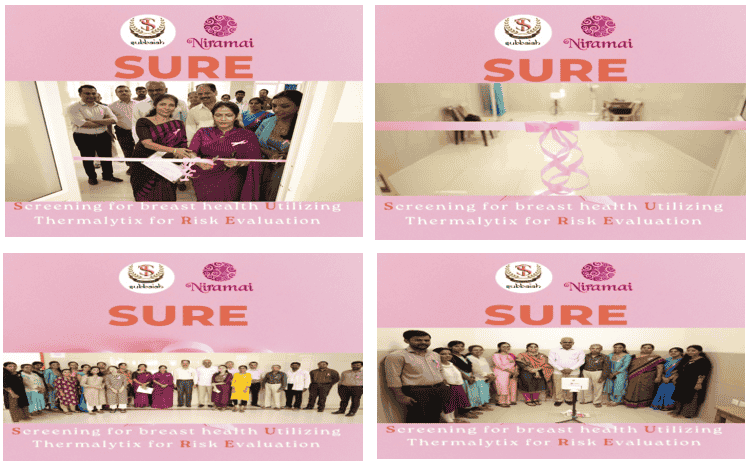
World Diabetes Day-2023
The World Diabetes Day was obeserved on 16th and 17th November 2023 by the department of Community Medicine.
The programme was based on theme “Know your risk, Know your response”. Further concentrated on early detection of diabetes and its prevention.
Activities on 16th November 2023
- Formal function was held at hospital lobby, SUIMS,Shivamogga in the presence of Dr.Krishna Prasad, Dean, SUIMS, Dr.Mohammed Imran, Professor & Head, Depatment of Community Medicine, Dr.Harsha Kumar H N, Professor, Depatment of Community Medicine
- The programme was inaugurated by watering the plant and Dr.Krishna Prasad sir addressed the gathering
- Followed by their was a photo session & releasing of World Diabetes Day photo frame by the dignitaries.
- Followed by their was a photo session & releasing of World Diabetes Day photo frame by the dignitaries.
- Screening camp was held at hospital lobby between 11.30am to 1pm for the general public
- A total 40 general public got screened with IDRS (Indian Diabetes Risk Score) & random blood glucose levels.
Screening Report
| IDRS | Frequency (%) |
|---|---|
| Low risk | 05 (12.5%) |
| Medium risk | 17 (42.5%) |
| High risk | 18 (45%) |
| Total | 40 (100%) |
| GRBS | Frequency(%) |
|---|---|
| =< 126 mg/dl | 17(42.5) |
| >126mg/dl | 23(57.5) |
| Total | 40(100) |
- The general public health with GRBS >126mg/dl, were sent to General Medicine OPD for further treatment and follow up will be done
Audience
- General Public attending the OPD’s at hospital lobby
- 3rd year MBBS students posting A batch(1-50)
The following members from the department of Community Medicine participated in the programme Dr.Mohammed Imran, Dr.Harsha Kumar H N, Dr.Shwetha T M, Dr.Bhagyashree Kathari, Dr.Anitha B P, Dr. Divakar Naik S , Mr,Ravi Naik, Mrs. Rashmi D and Mrs.Neelavathi,Interns posted to the department.
Activities on 17 th November 2023 at Thunganagar, PHC, Shivamogga
- World Diabetes Day-2023 also observed at Tunganagar PHC, Shivamogga
- A health talk was given by Dr.Bhagyashree Kathari to general public regarding life tyle modifications, helathy diet & focussed on physical activity
- Dr.Bheemappa M S , Medical Officer of Tunganagar PHC, addressed the public regarding why diabetes day is celebrated, its burden in our country & how regular medications will help in treating the disease.
- A total of 25 general public got screened with GRBS & IDRS(Indian Diabetes Risk Score) was done
Screening Report
| IDRS | Frequency (%) |
|---|---|
| Low risk | 02(8) |
| Medium risk | 10(14) |
| High risk | 13(52) |
| Total | 25(100) |
| GRBS | Frequency(%) |
|---|---|
| =< 126 mg/dl | 7(28) |
| >126mg/dl | 18(72) |
| Total | 18(72) |
Audience
General Public attending the OPD at Thunganagar, PHC,Shivamogga
The following members from the department of Community Medicine participated in the programme Dr.Bhagyashree Kathari, Interns posted to department, Mrs.Bhagya & Mr. Praveen D
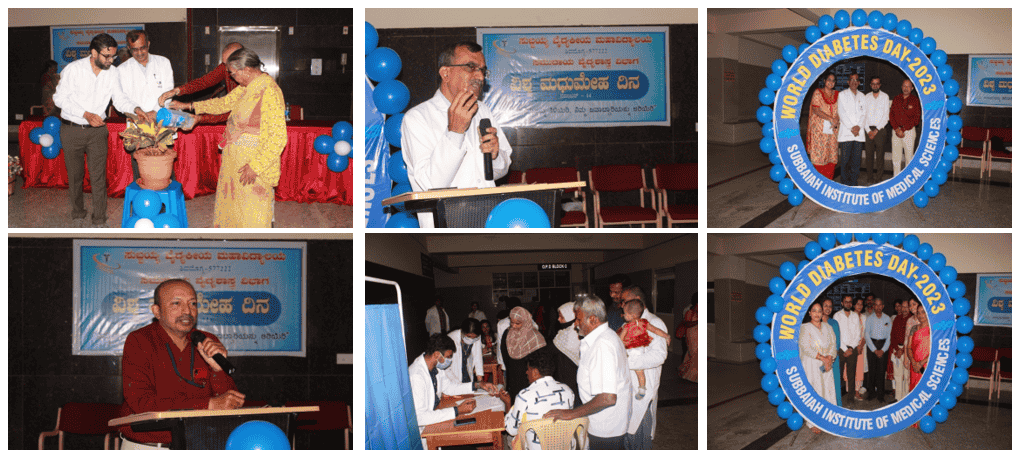
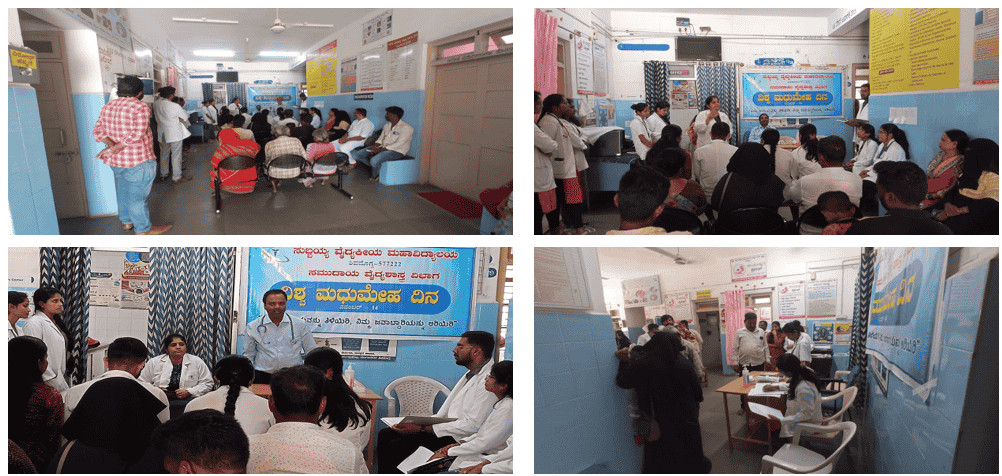
World AIDS Day-2023
World AIDS Day is celebrated on 1st December 2023.
On this event a quiz competition was held on 6th December.
This programme was intended to create awareness among the communities especially among college students according to the theme of the year 2023 “Let Communities Lead”.
Activities on 1st December 2023
• Formal function was held at Govt.First Grade College, Bapuji Nagar, Shivamoga, in the presence of Dr.Mohammed Imran, Professor & Head, Department of Community Medicine, Mr.Channappa B G, Principal, Govt. First Grade College, Dr Divakar Nayak Assistant Professor, Department of Community Medicine, Mrs.Mangala, District Supervisor VCTC Mcgaan Hospital, Shivamogga, Dr. Reshma, Govt. First Grade College.
• The whole programme was anchored by Manoj D P, student, Govt. First Grade College
• The programme was inaugurated by watering the plant and prayer by ArshiyaSiddiqa, student, Govt. First Grade College
• Welcome speech was given by Mandara H K, student,Govt. First Grade College
• A speech on National Program on AIDS/HIV was given by Mrs. Mangala, District Supervisor VCTC Mcgaan Hospital, Shivamogga
• A quiz competition was hosted by Dr Anitha B P on behalf of dept. of Community Medicine, Subbaiah Institute of Medical Science. And few questions were asked by Mrs. Mangala also.
• There were 3 sessions and 1st session was MCQ’s followed by direct question rounds. 24 students participated, who were divided into 6 teams from A-E who were enroled for the quiz. Rest of the students were audience.
• Quiz was followed by a speech on awareness on HIV/AIDS by Dr Divakar Nayak, Assistant Professor, Subbaiah Institute of Medical Science.
• Then the 1st prize was given to C team members by Mr.Channappa B G, Principal,Govt. First Grade College and Mrs. Mangala, District Supervisor VCTC Mcgaan Hospital, Shivamogga
• Participant certificate was given to all participants by Dr.Mohammed Imran, Professor & Head, Department of Community Medicine
• The event was winded up at 1.30 by presenting token of thanks to Mr. Channappa B G, Mrs. Mangala, Dr.Divakar Nayak S and Dr. Reshma
The following members from the department of Community Medicine participated in the programme Dr.Mohammed Imran, Dr. Shashikala N, Dr.Bhagyashree Kathari, Dr Anupama K, Dr.AnithaB P, Dr.Divakar Naik S, Mr.Ravi Naik P, Mr.Praveen D, Mrs.Bhagyavathi and Interns posted to the department.
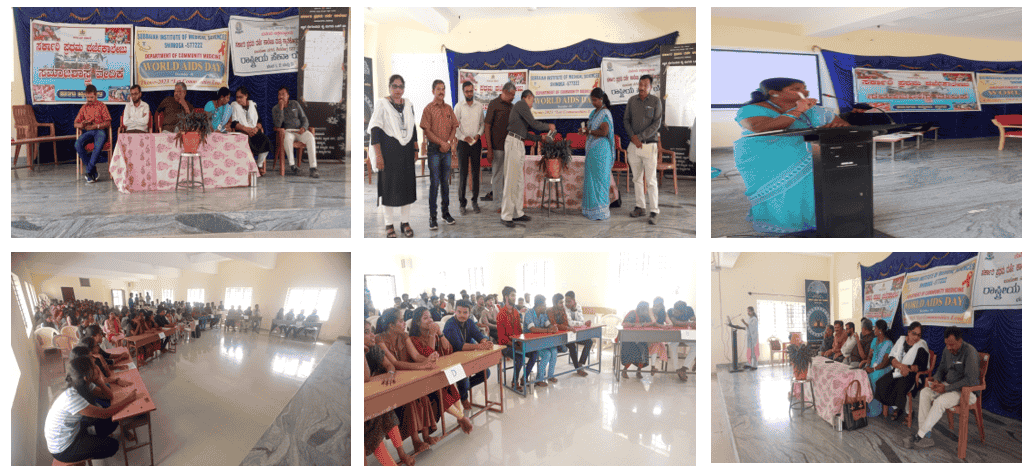
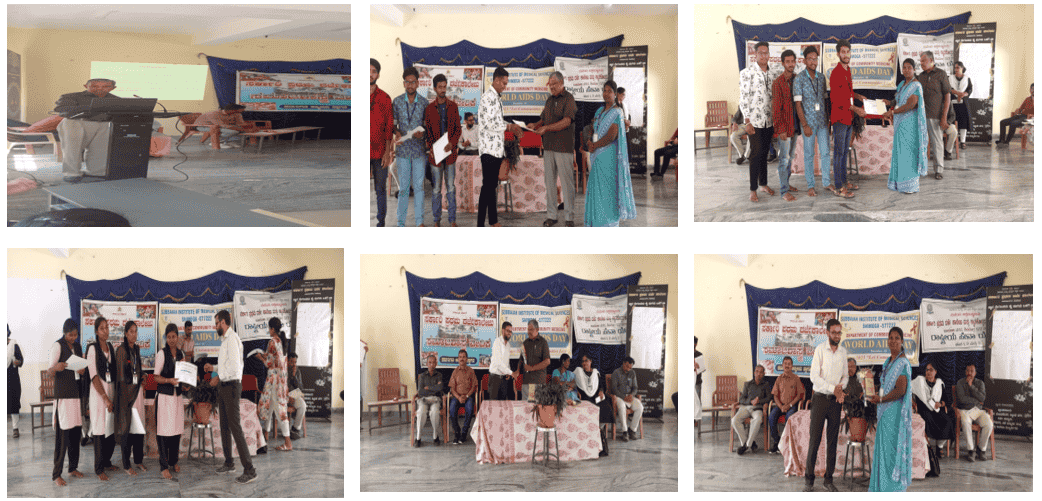
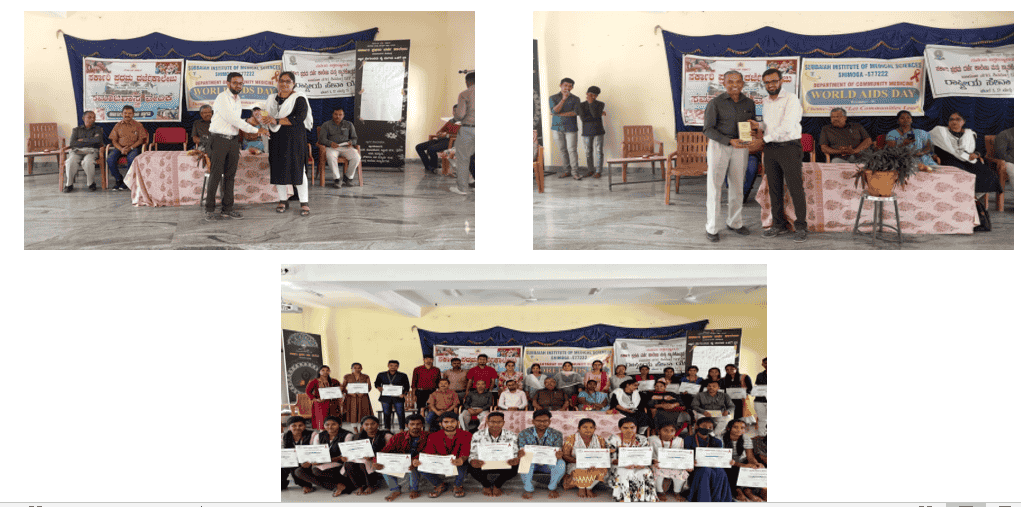
Programme offered
UG teaching
FAP
Library
Department Library was established in 2013.This library has collection of books related to public health, epidemiology, biostatistics, environment, preventive medicine, health policy and other text books of Community Medicine. It provides access to departmental staff members, students and Interns.
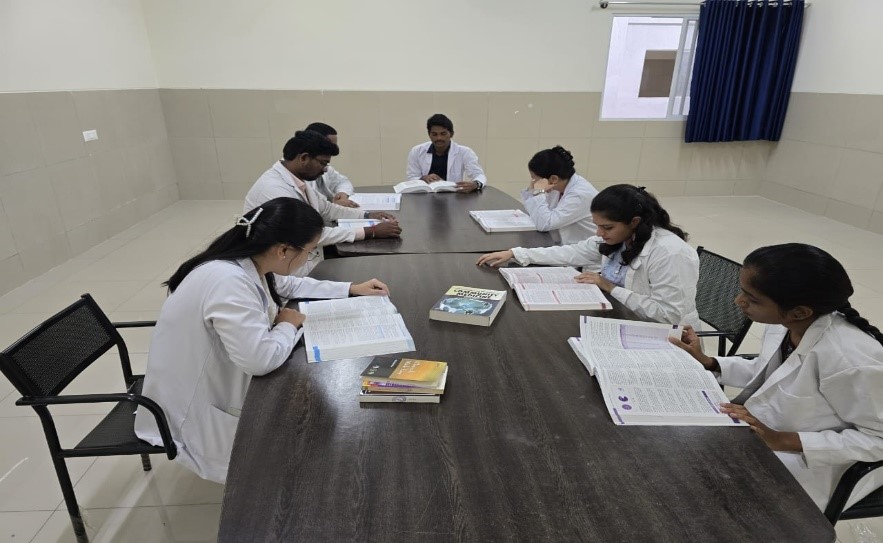
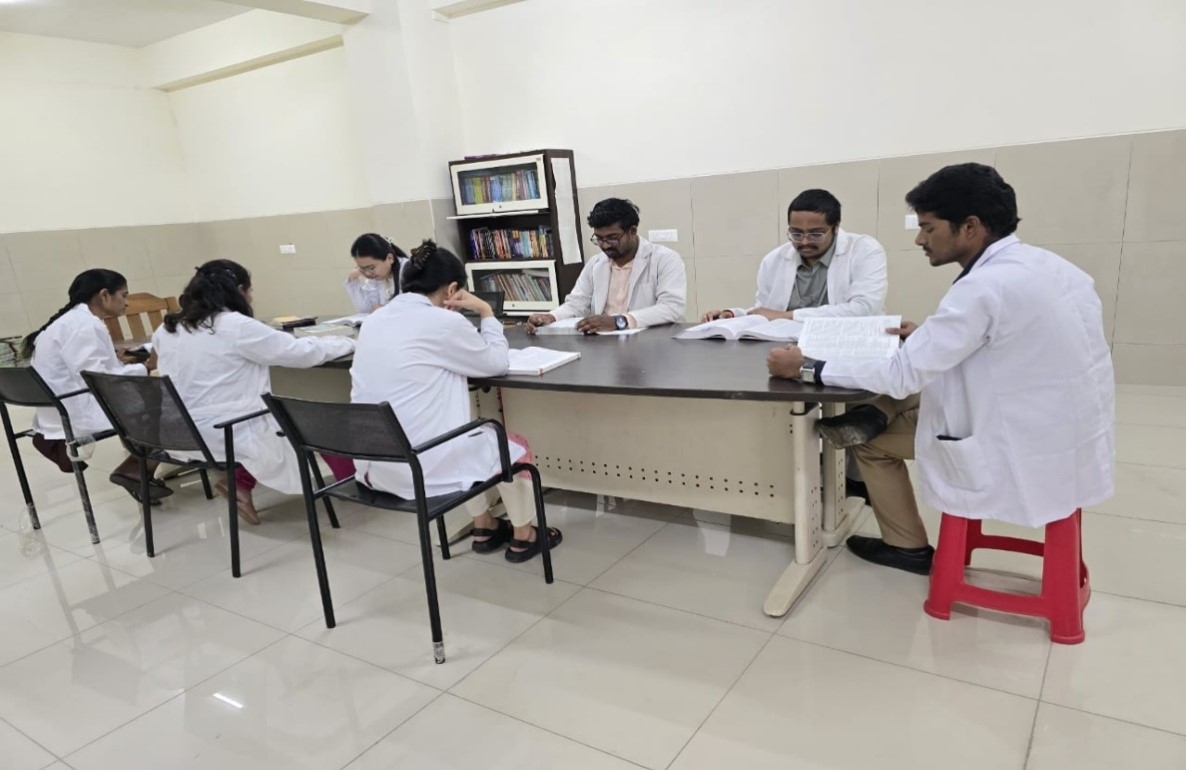
Museum
Community Medicine museum is educational resource, offering a platform to explore the evolution and scope of public health for the undergraduates. The museums display historical, artefacts, models, charts, specimens, instruments, and audiovisual materials that showcase the development of healthcare systems, epidemiological milestones, and public health interventions.
Through exhibits on sanitation, nutrition, and communicable disease control, one can get insights into how public health initiatives have shaped and transformed communities health status over a period of time. The museum also provides information and insights about current public health challenges and innovations. By connecting historical perspectives with contemporary issues, such museums inspire action and advocate for community involvement, promote a deeper understanding of the role of public health in achieving societal well-being.
These are invaluable tools for medical students, healthcare professionals, and the general public which helps in bridging the gap between theoretical knowledge and real-world applications. The displays on topics like health promotion, social determinants of health, and sustainable healthcare practices, encourages the visitors to indulge into discussions about its relevance and application related to improving their health status. Health campaigns, and guided tours of the museums is organized for school students to emphasize the importance of preventive medicine and community-based interventions
The museum has the following thematic areas:
1. Concepts of health, disease, epidemiology and research methodology
2. International health agencies and its role
3. National health programmes ( communicable disease, NCDs, maternal and child health, water and sanitation, health education)
4. Environmental and occupational health
5. Nutrition
6. Medical entomology
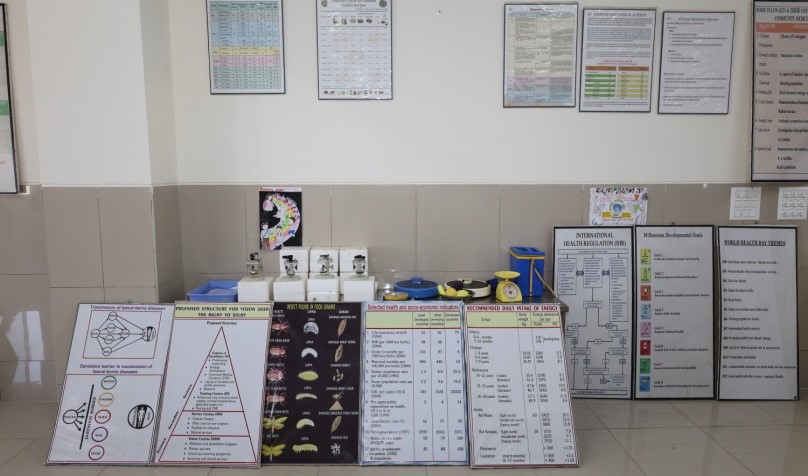
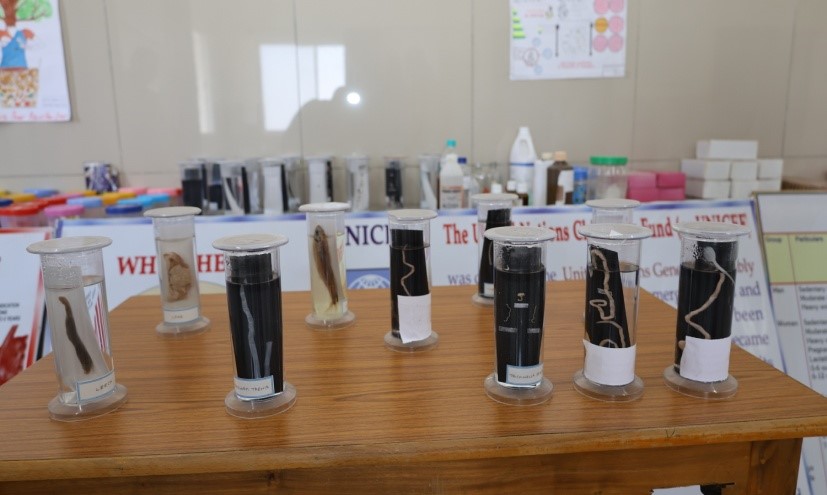
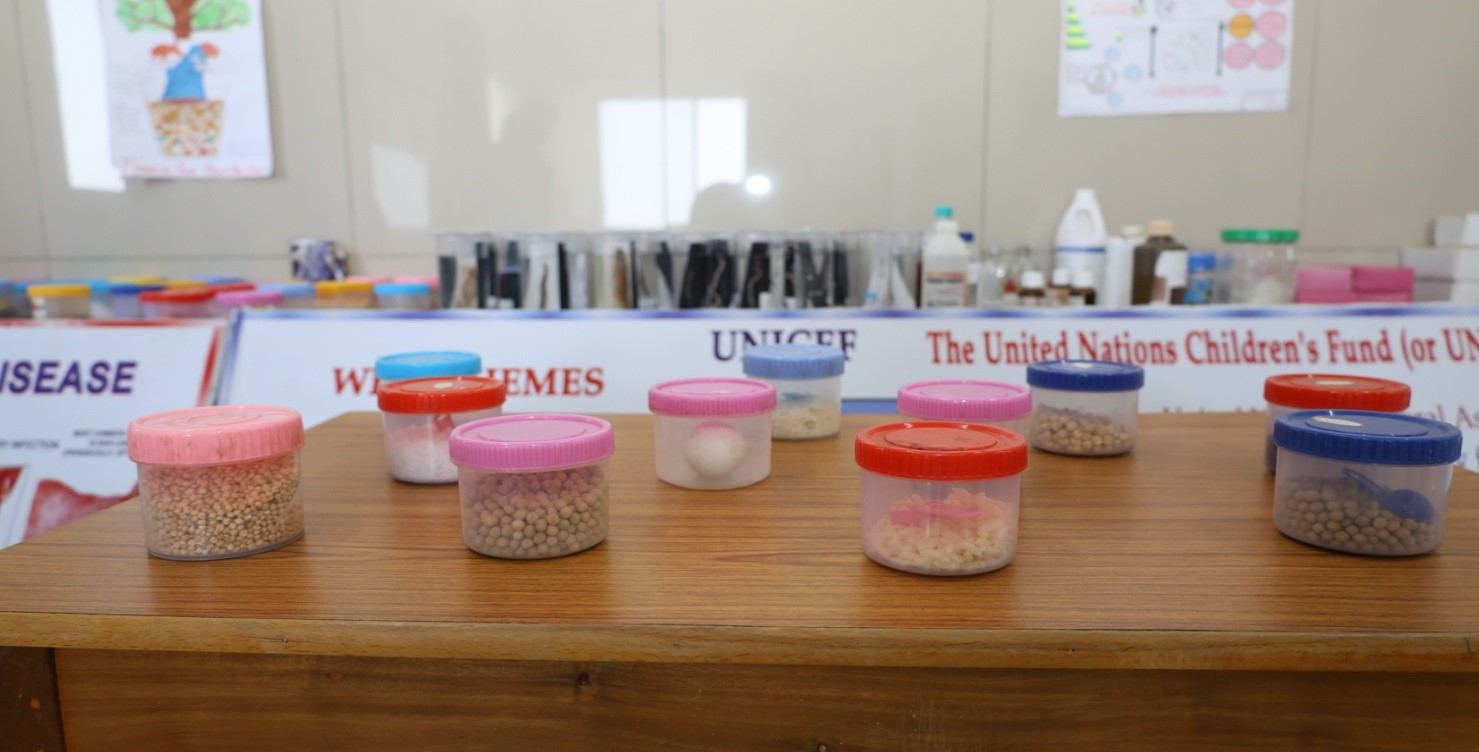
Conferences
“ Strengthening TB Response In Villages For Achieving END -TB -2025”
The conference "Strengthening TB Response in Villages for Achieving END-TB-2025" brings together stakeholders to enhance grassroots TB control. It focuses on community engagement, capacity building integrating TB services into village healthcare systems, promoting innovation, advocating for supportive policies, and establishing effective monitoring.
The goal is to accelerate progress towards eliminating TB by 2025, aligning with the WHO's End TB Strategy.
